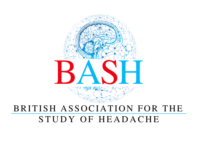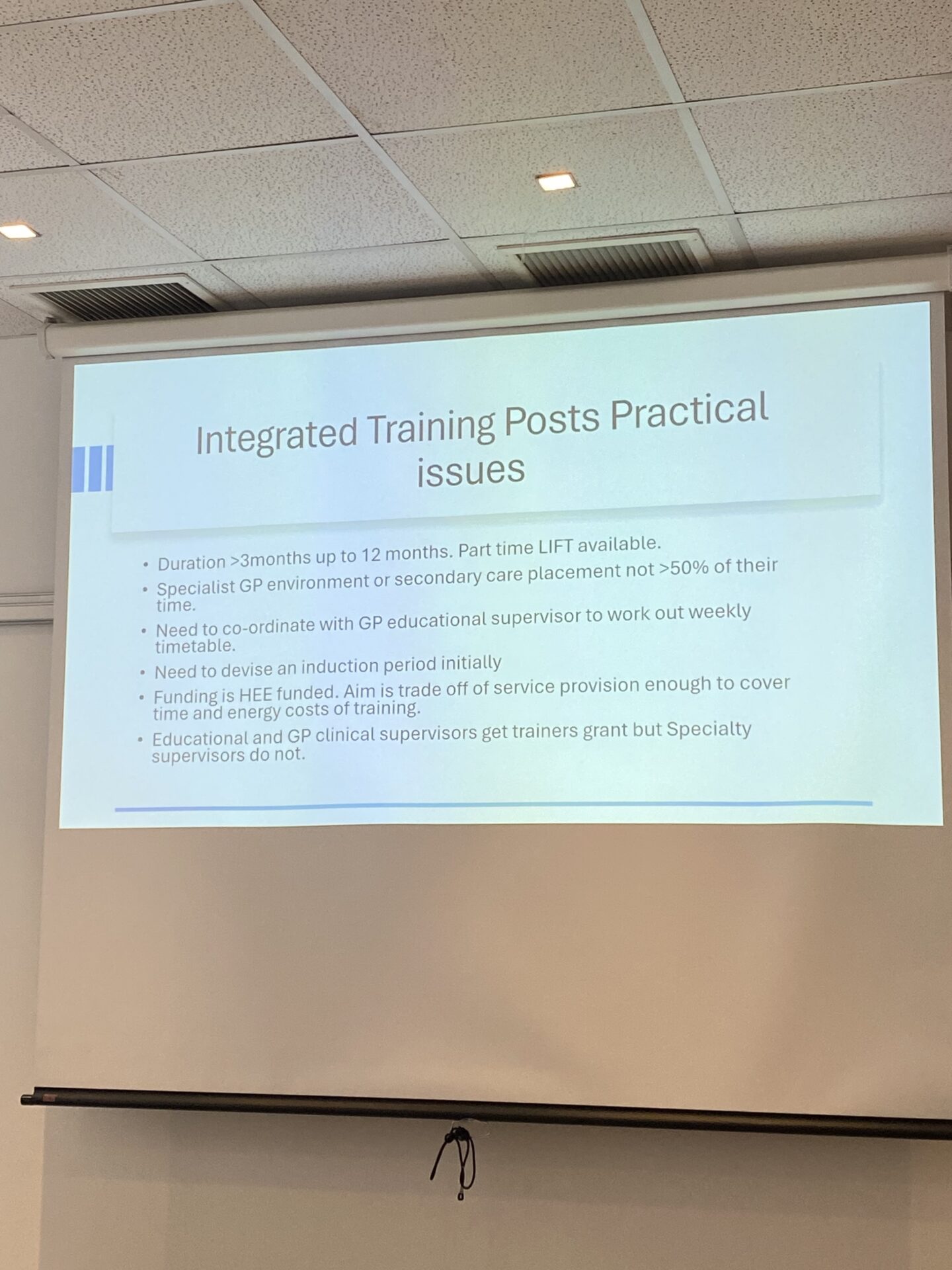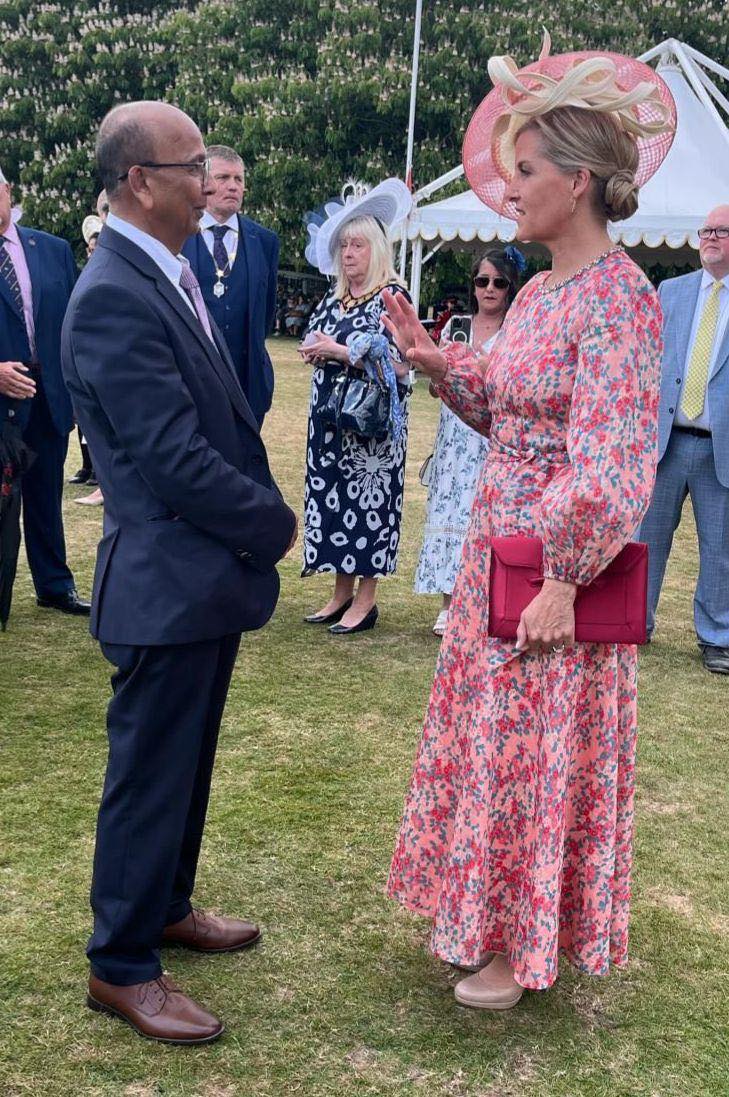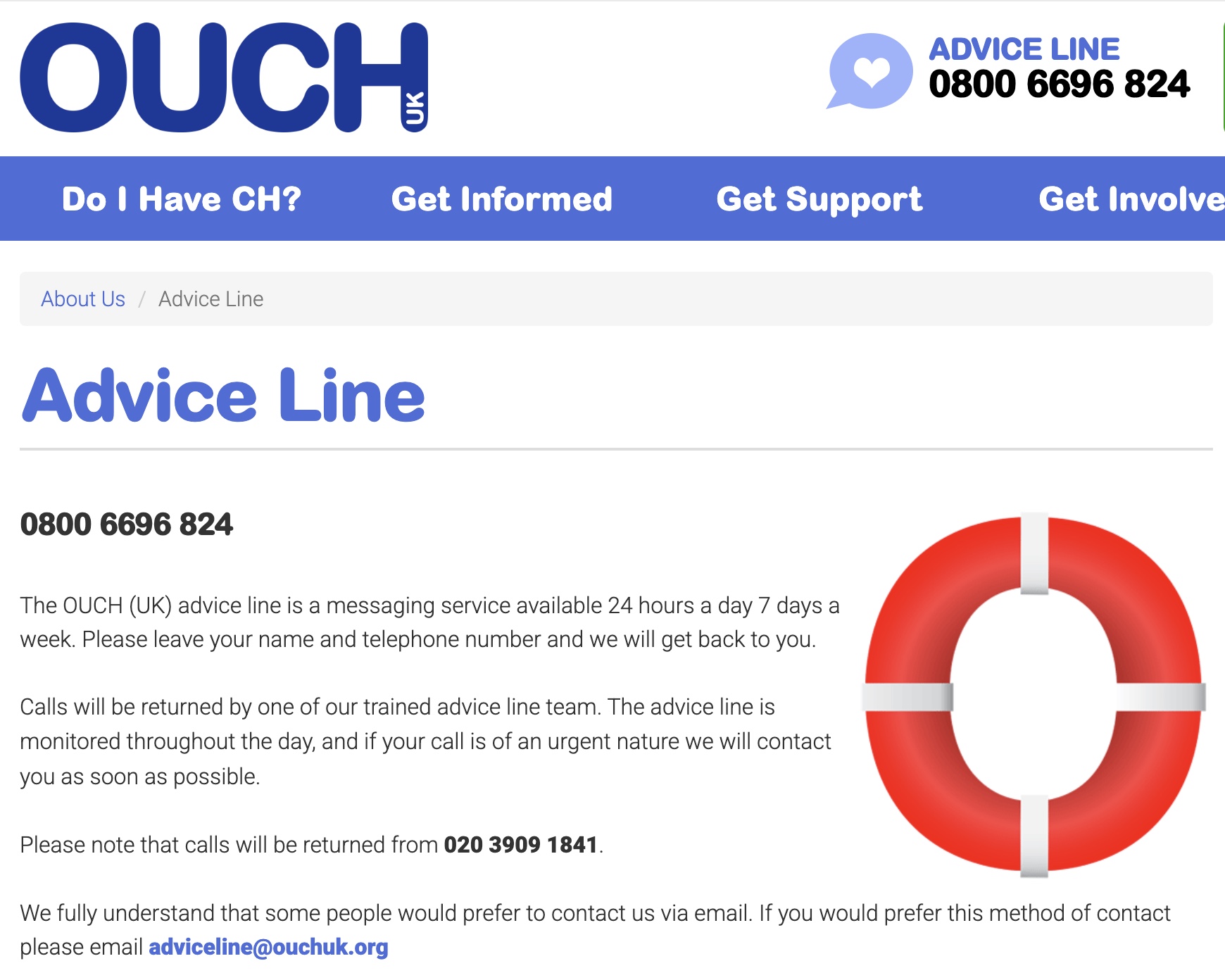Dr Rachael Kilner is currently a GP with Extended role in Headache. Recently she has become interested in how Integrated Training posts in headache might be useful to inspire more GPs to upskill in managing headache disorders. She explains more:
I have previously worked as a GP in Lambeth, South London for the last 23 years and have also been a GP trainer of ST2 and ST3 GP Trainees, Foundation year 2 doctors and medical students in the past. I have been a GPwER in headaches for the last 15 years and currently am working in Kings College Hospital, St Thomas Hospital, and Bromley Community Headache clinics.
The challenges in headache care in General Practice
One of the current challenges in headache care is improving care for patients within a general practice setting, before they get to the stage of referral to specialist headaches clinics. A significant proportion of specialist headache care is being done by GPs with an extended role in headache (GPwER) across the UK. Currently there is not a unified UK training pathway to becoming a GPwER. Most training is arranged locally and is dependent on consultant neurologists or GPs within specialist clinics mentoring doctors. One barrier to training fully qualified GPs is funding, as GPs who are doing specialist training require regular paid sessions over several months, shadowing experienced doctors and gradually taking on more independent work until they are skilled enough to see patients independently and contribute to clinical service.
One solution we are exploring: integrated GP training posts
One solution to the issue is to train GPs in headache management at an earlier stage in their careers, as part of GP specialist training. I have developed an integrated training post (ITP) in headache and general practice under the Kings College General Practice training scheme and the first trainee is due to start within the next few months. This will be the first approved ITP post in headache and general practice in the UK.
What the ITP entails
The post will last for 12 months and is at the specialist trainee ST2 stage. Integrated training posts are well established in several other specialities both clinical e.g. dermatology, diabetes, and in education and management. Click here for examples from the North East of England.
Our post lasts 12 months and involves 2 clinical sessions of headache per week, 5 clinical sessions of general practice and 3 educational sessions per week. The salary of the trainee is paid by Health Education England.
The trainee will have a clinical supervisor for the speciality headache training who needs to oversee adequate induction and educational support during training. There is no specific allocated time for tutorials with the speciality as this happens in the general practice sessions.
A clinical supervisor’s report is the only compulsory educational requirement, but good quality supervision would normally include encouraging reflective entries on the e-portfolio, case-based discussions, mini clinical evaluation exercises and direct observed clinical examination and procedure skills.
Learning by attending headache clinics is a key part of the role
A needs assessment and curriculum will be agreed with the trainee and is likely to include sitting in headache clinics and general neurology clinics, history taking, examination, diagnosis, management, sitting in MDT meetings to discuss complex cases and conferences. Trainees will also be encouraged to join the BASH GP specialist headache group for ongoing peer support. (Editor's note: You can find out more about our BASH GP group here)
How to set up an ITP post for GP registrars in your area
If anyone is interested in setting up a similar post, then the first stage would be contacting your local GP training scheme programme directors to get their support.
There is an application form to fill in to approve the post and to obtain a national training code. The trainee may need an honorary contract with the headache provider to see patients independently under supervision. You may also need to negotiate with the headache provider blocked appointments to supervise the trainee but overall, the number of headache appointments usually increases with the additional IPT doctors list once they are competent to see patients independently.
My hope for the future: better for patients and a truly rewarding area to work in
It would be great to expand this training scheme to multiple areas across the UK. Some doctors may continue their interest and may work in specialist headache clinics in the future. Others may not but will have additional skills in headache care that will help with upskilling the generalist in headache care in the community.
Dr Rachael Kilner 
GP with Extended Role in Headache
Kings College Hospital, St Thomas Hospital, and Bromley Community Headache clinics.




